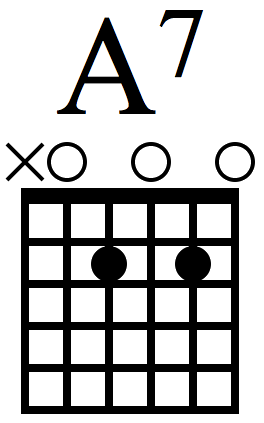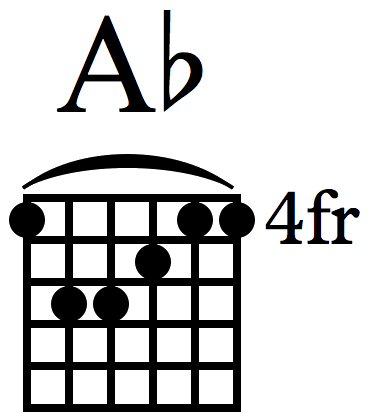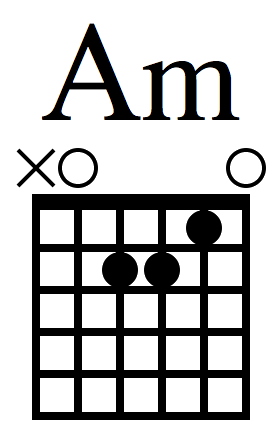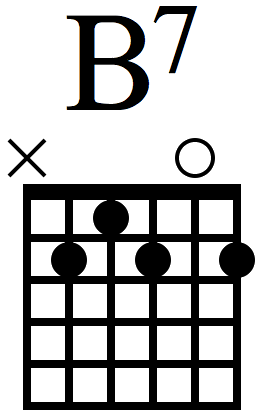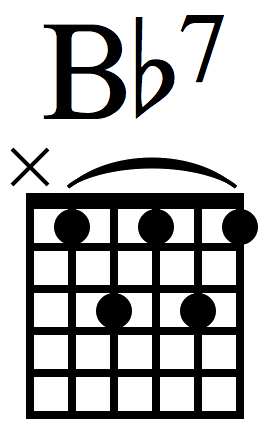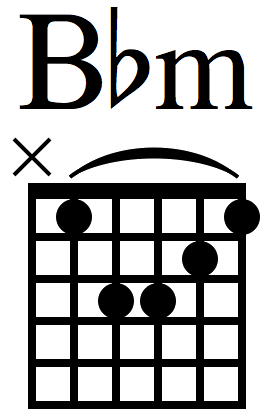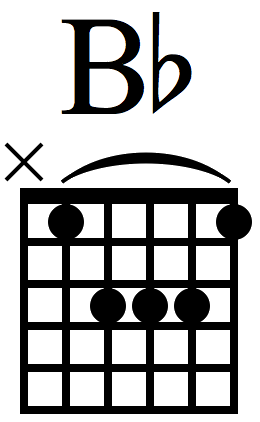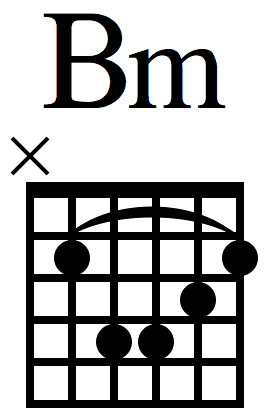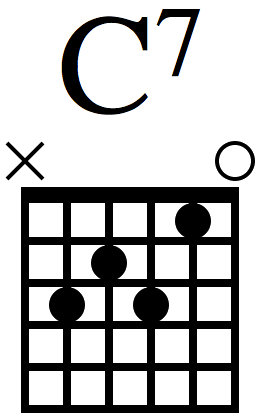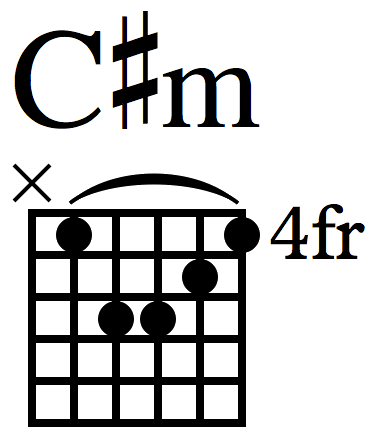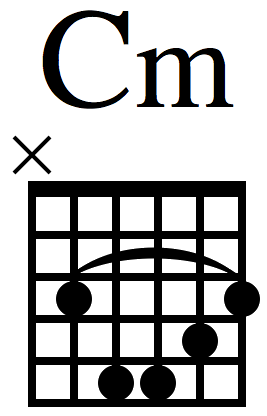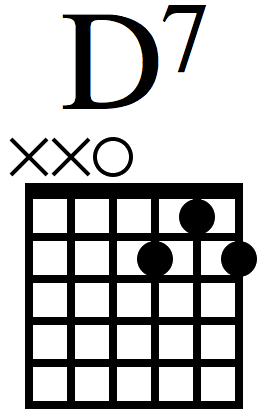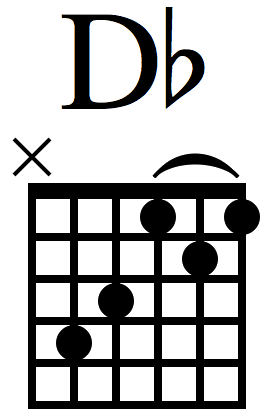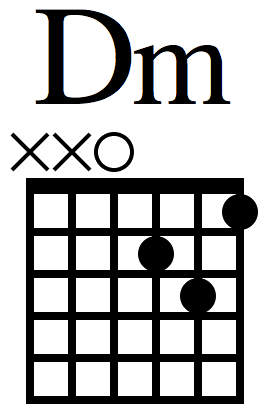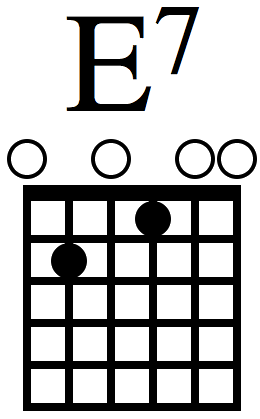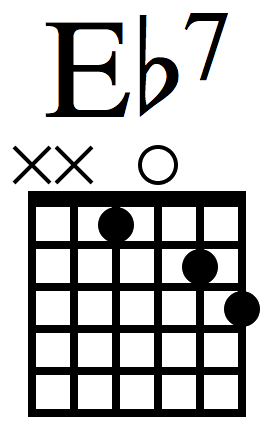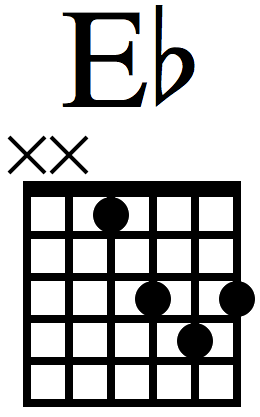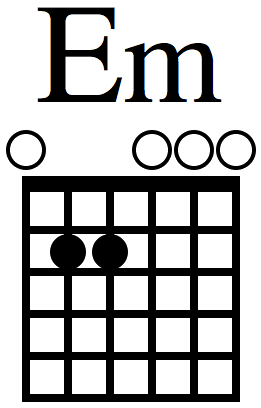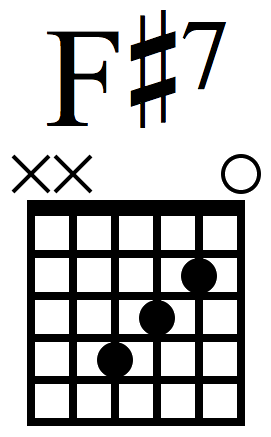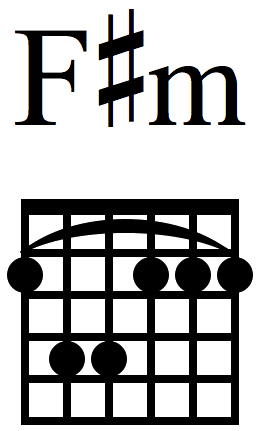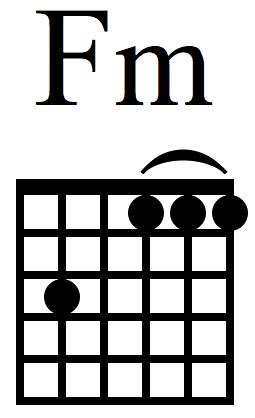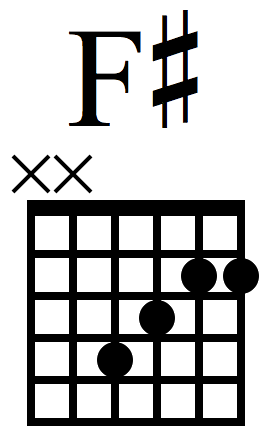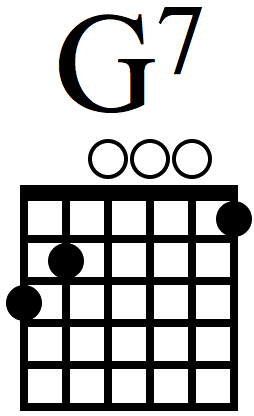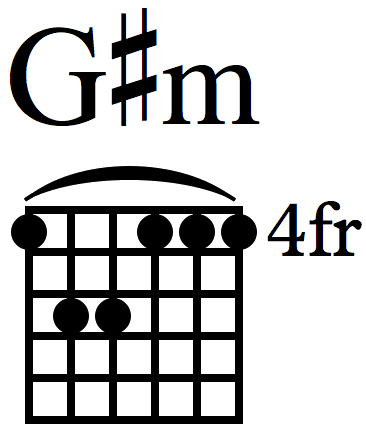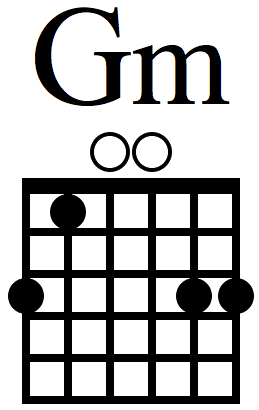And Can It Be (Modern Melody)
He left His Father's throne above
So free, so infinite His grace--
Humbled Himself, how great His love!
And bled for Adam's helpless race:
'Tis mercy all, immense and free,
O praise my God, it reaches me!
Long my imprisoned spirit lay,
Fast bound in sin and nature's night;
Thine eye diffused a quickening ray--
I woke, the dungeon flamed with light;
My chains fell off, my heart was free,
I rose, went forth, and followed Thee.
No condemnation now I dread;
Jesus, and all in Him, is mine;
Alive in Him, my living Head,
And clothed in righteousness divine,
Bold I approach the eternal throne,
And claim the crown, through Christ my own.
{title: And Can It Be (Modern Melody)}
{c: Verse 1}
[G]And can it [D/F#]be that [Am]I should [Em]gain
An [C]interest [G]in the [C]Savior's [D]blood?
[G]Died He for [D]me, who [F]caused His [C]pain--
For [Am]me, who [G/B]Him to [C]death pur[D]sued?
A[G]mazing [D/F#]love! How [C]can it [G]be,
That [Em]Thou, my [G]God, should [C]die for [D]me?
{c: Chorus}
{soc}
[G]Amazing [D/F#]love! How [Am]can it [Em]be,
That [C]Thou my [G/B]God, should [C]die [D]for [G]me?
{eoc}
{c: Verse 2 (Alternate Lyrics)}
He left His Father's throne above
So free, so infinite His grace--
Humbled Himself, how great His love!
And bled for Adam's helpless race:
'Tis mercy all, immense and free,
O praise my God, it reaches me!
{c: Verse 3}
Long my imprisoned spirit lay,
Fast bound in sin and nature's night;
Thine eye diffused a quickening ray--
I woke, the dungeon flamed with light;
My chains fell off, my heart was free,
I rose, went forth, and followed Thee.
{c: Verse 4}
No condemnation now I dread;
Jesus, and all in Him, is mine;
Alive in Him, my living Head,
And clothed in righteousness divine,
Bold I approach the eternal throne,
And claim the crown, through Christ my own.
And can it be that I should gain
An interest in the Savior's blood?
Died He for me, who caused His pain--
For me, who Him to death pursued?
Amazing love! How can it be,
That Thou, my God, should die for me?
Amazing love! How can it be,
That Thou my God, should die for me?
He left His Father's throne above
So free, so infinite His grace--
Humbled Himself, how great His love!
And bled for Adam's helpless race:
'Tis mercy all, immense and free,
O praise my God, it reaches me!
Long my imprisoned spirit lay,
Fast bound in sin and nature's night;
Thine eye diffused a quickening ray--
I woke, the dungeon flamed with light;
My chains fell off, my heart was free,
I rose, went forth, and followed Thee.
No condemnation now I dread;
Jesus, and all in Him, is mine;
Alive in Him, my living Head,
And clothed in righteousness divine,
Bold I approach the eternal throne,
And claim the crown, through Christ my own.
"And Can It Be (Modern Melody)"
Words by Charles Wesley. Music by Thomas Campbell.
Public Domain
CCLI License #Not Specified
